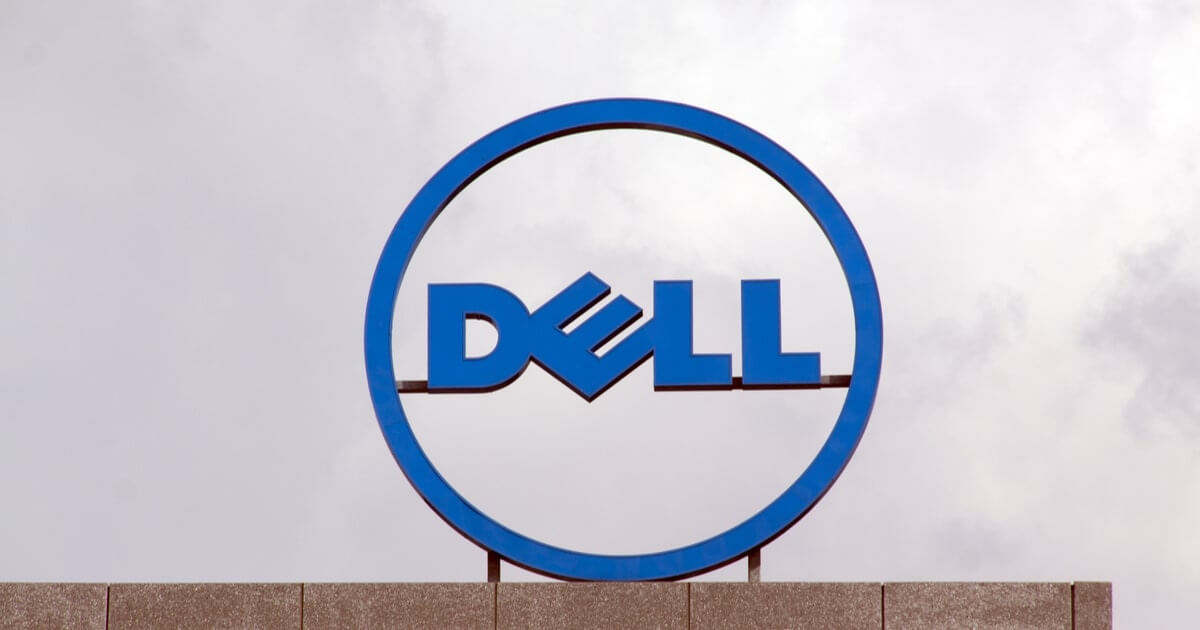Dell Uses VMware’s Blockchain Solutions to Track Recycled Packaging Materials
Nicholas Otieno Nov 18, 2019 10:15
Waste management is one of the main challenges after global warming, which affects the natural environment. Dell is committed to developing solutions to enable better waste management. Recently, Dell partners with VMware to track recycled packaging materials using blockchain.

The latest report shows that Dell uses VMware’s blockchain solutions to trace and track oceanic plastics and packaging materials. VMware’s Pratima Gluckman elaborated on the details concerning how Dell and VMware are working on this project.
She said that as firms continue innovating technological solutions, there are always challenges that emerge. Therefore, Dell and VMware have had to find out how to authenticate source materials and eliminate fraud using blockchain.
Plastics in our oceans
Forbes identified major Asian countries (China, eastern India, Malaysia, Philippines, Singapore, Brunei, Indonesia, Vietnam, and Thailand) that are dumping more plastic wastes into the oceans than the rest of the world combined. These countries are responsible for 60% of the entire plastics in the oceans.
Most computer and laptop manufacturers, including Dell, have strong supply chains in South East Asia.
For instance, Dell is taking advantage of the oceanic plastics by recycling and adding them into its supply chain.
In 2014, Dell began incorporating plastics recovered from e-waste and recycled them into new parts. In this way, Dell aims to build a circular economy to eliminate the entry of plastics into the oceans. The company intends to prevent the entry of three million pounds of plastics into the oceans within the next five years.
VMware blockchain
Based on the interview with GreenBiz, Gluckman mentioned that VMware provides blockchain solutions to trace and track such recycled plastics. For example, the end-users who have bought Dell laptops can view the origin of the recycled material (e.g., from what type of plastic it was and where it was recovered from).
Dell has a supply chain for recycled materials constituting of aggregators who collect the plastics, recyclers who process such wastes, and manufacturers who take such recycled materials to make packaging for Dell laptops.
VMware’s blockchain supports each of these transaction processes between the aggregators, recyclers, and finally, the manufacturers. Dell, therefore, uses blockchain to prove the authenticity of the recycled materials.
Gluckman further clarified that since human trafficking is illegal, Dell is always on the look to find out such cases at the lower level. The company uses blockchain solutions to verify if individuals who collect plastics are getting paid and are not exposed to forced labor by working for someone for free.
Although, VMware is an entity, which Dell majority-owns, it has its independent enterprise blockchain platform called VMware blockchain.
Other firms using blockchain to monetize plastic wastes
Apart from Dell using blockchain solutions for the sustainability of its supply chain, there are other companies also doing the same. For example, Plastic Bank is not only using tokenization and blockchain to prevent the entry of plastics into the oceans but also fight poverty eradication in Southeast Asian nations.
Furthermore, U.S-based household consumer chemicals and cleaning supplies – SC Johnson to join Plastic Bank to purchase the recycled plastics for its manufacturing of some of its products.
Image Via Shutterstock
Image source: Shutterstock
.jpg)